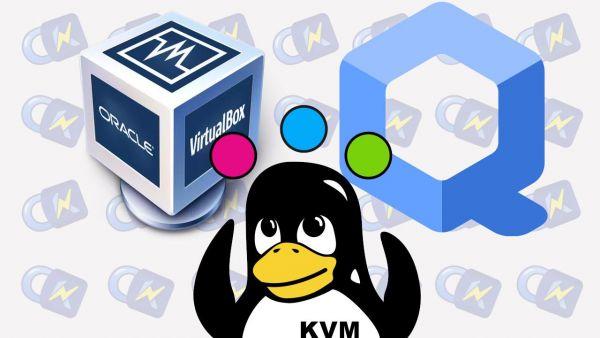Fully Featured with Advanced Security Components

Protection from Targeted Malicious Updates
Kicksecure update servers know neither the identity nor IP address of the user because all upgrades are downloaded over Tor.

Kernel Self Protection Settings
Kicksecure uses strong Kernel Hardening Settings as recommended by the Kernel Self Protection Project (KSPP).

Time Attack Protection
Kicksecure defeats time attacks on its users through Boot Clock Randomization and secure network time synchronization using sdwdate.

No Open Ports by Default
Kicksecure provides a much lower attack surface since there are no open server ports by default unlike in some other Linux distributions.

CPU Information Leak Protection (TCP ISN)
Without TCP ISN randomization, sensitive information about a system's CPU activity can be leaked through outgoing traffic, leaving it vulnerable to side-channel attacks. tirdad prevents that.

Available for many virtualizers
With support for multiple virtualization options, trying out Kicksecure is easy. VMs also help contain and prevent the spread of malware.
Freedom Values

12 Years of Success
For over 12 years as the creators of Whonix we have successfully protected our users from everyday trackers and even from high level attacks. And we're just getting started!

Open Source
We respect user rights to review, scrutinize, modify, and redistribute Kicksecure. This improves security and privacy for everyone.

Freedom Software
Kicksecure is Freedom Software and contains software developed by the Free Software Foundation and the GNU Project.

Research and Implementation Project
Kicksecure is an actively maintained research project making constant improvements; no shortcomings are ever hidden from users.

Fully Auditable
Kicksecure is independently verifiable by security experts and software developers around the world. This improves security and privacy for everyone.

Complete respect for privacy and user freedom
Kicksecure respects data privacy principles. We don’t make advertising deals or collect sensitive personal data.







































































